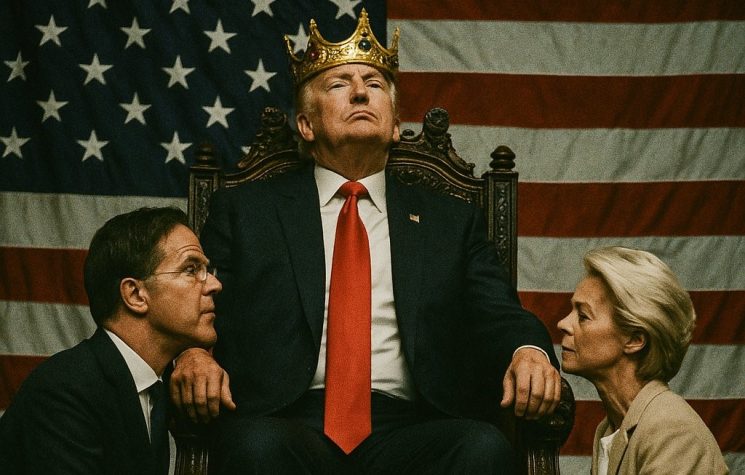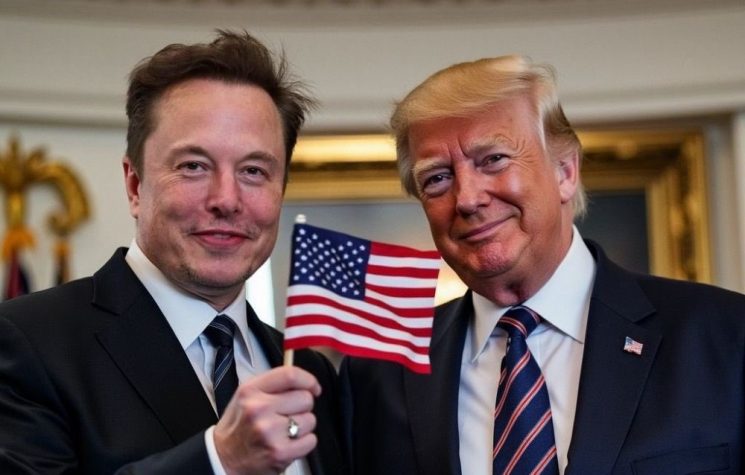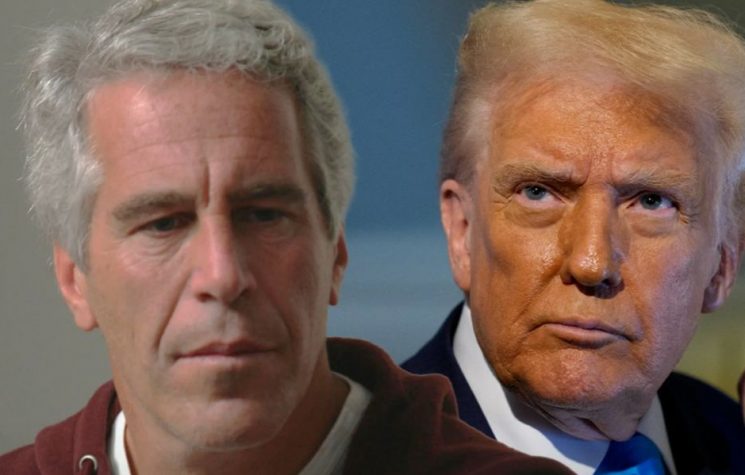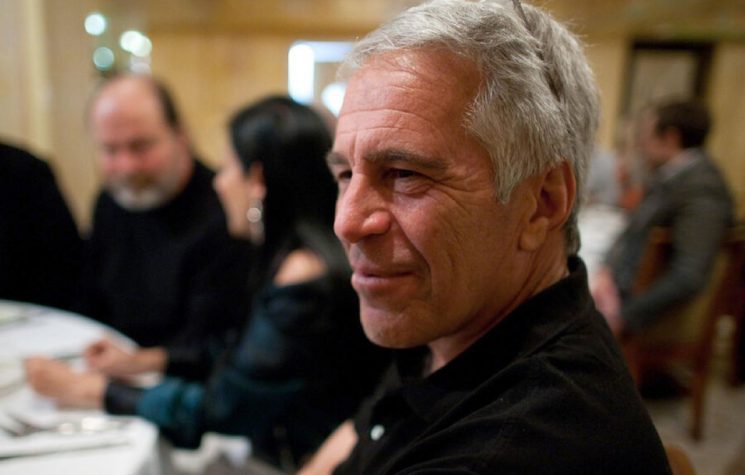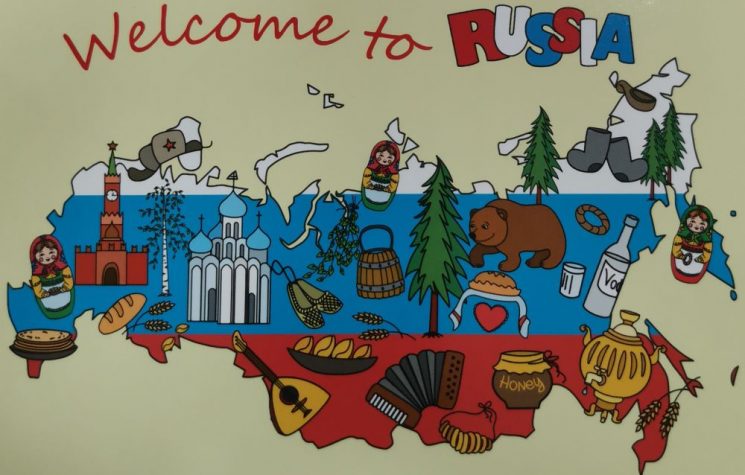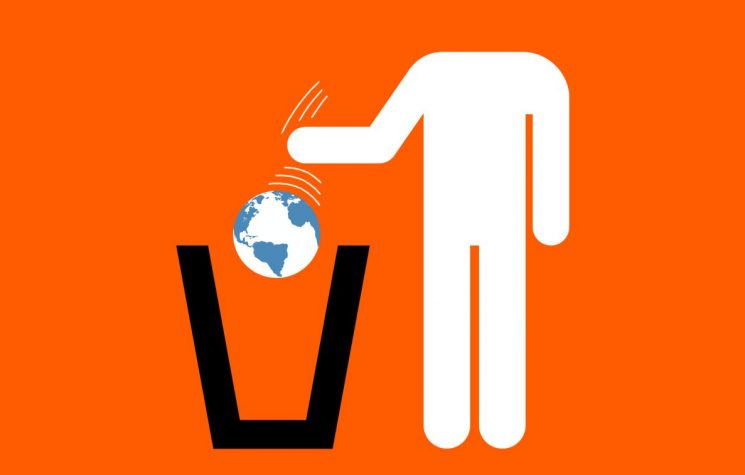The dismantling of biology and identity within society appears to be in readiness for the rapidly growing realisation of eugenics, repackaged as transhumanism.
Contact us: info@strategic-culture.su
Western civilisation, that grand experiment of reason and Enlightenment values, now finds itself grappling with an identity crisis. From the philosophy that brought us democracy, the scientific method, and even good wine pairings, we’ve somehow arrived at a peculiar era where society is encouraged to believe that reality is less a fixed landscape and more of a political Rubik’s cube. Specifically, the landscape of gender has become a battleground of biological, cultural, and political ideals—dominating headlines, monopolising discourse, and, oddly, managing to ignore the statistical insignificance of its demographic audience. Transgender individuals constitute roughly 0.3% of the West population, and yet the world seems to revolve around their pronouns, identities, and access to public bathrooms, all in the name of progress.
Our intellectual elite, decked in designer ideology, assures us that distinguishing between biological sex and gender is sophisticated; it’s the in thing, the thinking person’s new orthodoxy. To question this, to state something as blatantly archaic as “biology is real,” is to expose oneself as backward, uninformed—a blight upon the socially conscious. But it’s hard not to wonder if we’re all just playing a grand game of ideological dress-up, where we pretend we’re making leaps forward in human understanding while, in reality, we’re toeing a line many people can’t quite bring themselves to believe. Accommodating and encouraging children that identify as animals, stigmatising other children as bullies for calling out this absurdity, and giving credence to what was once accepted as make-believe, imagination, and play. Still, most people seem to mumble along with it, lest they be the odd one out, clinging to common sense like a moth to a guttering flame.
Transgender news coverage has increased by over 1600% in the past 10 years, while the tone of these stories has gone from sensationary to militantly positive and supportive, guiding discussions toward an unprecedented level of scrutiny over the nature of identity itself. Our cognitive maps are being redrawn by the universities, media, and big business DEI with all the precision of a drunk darts player, influencing society’s concept of reality. These implications reach far beyond gender identity and into the potential future of humanity—one where human limitations and even natural family structures are increasingly questioned and redefined through technology. It appears to be clearly by design and yet another baby step towards an insidious, transhumanist control agenda.
Such blurring of reality and ideology has an unsettling historical precedent. Where other empires rewrote the annals of history, modern movements seem intent on rewriting the basics of human biology. Consider the USSR, Maoist China, and the Khmer Rouge, all of which did their best to erode the sanctity of the family unit, that most fundamental societal structure. Even the Nazis, despite pushing traditional values, encouraged loyalty not to family but to the state, with children trained to report on their parents’ non-conformist views. Today’s West doesn’t seem far off—except that the disintegration of kinship is wrapped in softer packaging. Tradition and generational wisdom are rebuffed as vestiges of oppression, and the notion of family as a guiding principle of society is branded a relic, an artifact better suited for history museums than modern culture.
In contemporary times, the dismantling of biology and identity within society appears to be in readiness for the rapidly growing realisation of eugenics, repackaged as transhumanism. Transhumanism is allegedly the cutting-edge philosophy promising that humanity’s future lies in merging with machines. The affluent elite can revel in visions of bionic limbs and AI-enhanced IQs, while the rest of us get stuck on the assembly line of “upgrades” we never asked for. Silicon Valley’s brightest minds assure us that the benefits are for everyone, though, strangely, they seem especially eager to use this technology to track, monitor, and quantify every neurone, heartbeat, and pulse in the name of “progress.” Call it MK-Ultra 2.0—the mind-control experiments of yesteryear are now rendered sterile and analogue, operated not by men in trench coats or lab coats but by apps on the smartphones we carry everywhere, cheerfully “tracking our wellness” and “optimising our experience.”
History’s tech evangelists—Huxley, Wells, and now Musk and Gates—have all worn versions of this hat. They tell us that scientific advancement is always, somehow, ethically pure, although many of their visions reek suspiciously of the age-old desire to micromanage the human experience. Huxley and Wells pushed for eugenics and dreamed of scientifically managed societies, all dressed up in the finery of intellectual discourse. Today, their ideas resurface in less overtly oppressive packages, ready for public consumption as “innovative solutions” to world problems. Gates and Musk have visions of humanity’s future that would make Orwell shudder, suggesting a world where, under the guise of “helping,” their companies collect data on us that would make the East German Stasi blush.
But what exactly is this future they promise? If we’re to believe the transhumanists, the human mind can transcend the physical body, achieve states of “pure potential,” and overcome its inconvenient biological limitations. This sounds very noble, almost spiritual, until one realises it’s essentially an invitation to sever our consciousness from the pesky limitations of self-awareness, compassion, or even free will. In this Brave New World, critical thinking is replaced by user-friendly compliance, and resistance to the dominant ideology becomes an inconvenient app we’re encouraged to delete. Spirituality dissipates or becomes dominated by apps that create trendy, cliched, style over substance, faux, obsolete versions of it to placate the robotic masses.
And so we arrive at an ironic reality. For all our talk of individuality, authenticity, and living our “truths,” we now live in a time when scepticism is social blasphemy. Our society claims to be progressive, yet hypocrisy has become our most stable currency, each ideological flip-flop a rich investment in further self-deception. And why not? Compliance has rarely been more profitable for those who hold the power. The figures advocating for “progress” are the very ones who profit handsomely from a public dependent on technology, spoon-fed ideologies that benefit the rich while binding the rest to rigid definitions, power hierarchies, and constant surveillance. Musk’s vision of the future might sell well in tweets, but the reality is more likely to resemble a corporate theme park where citizens are customers, biometric tokens, paying not just with behaviour-altering CBDC but with autonomy.
In all this, one must ask: Where does humanity itself fit? The answer is increasingly hazy. In a world where identity is a changing variable, society seems to be preparing itself for a future where nothing—and no one—has inherent meaning. In this Fahrenheit 451, not only can anyone identify as anything, but soon, perhaps, the concept of “being human” itself will seem outdated, quaint, even suspicious. This, we’re told, is liberation. In reality, it feels more like a slow-motion obliteration of meaning itself.
But history is generous with its warnings, should we choose to heed them. Glubb’s The Fate of Empires charts the rise and fall of civilisations, noting that every empire reaches a stage where it becomes decadently cynical, drifting toward collapse. It’s not so much a prophecy as a roadmap. As the West abandons principles it once considered “universal truths,” we can almost hear the ticking of the clock. Technology, identity politics, and moral relativism are replacing ancient, tried-and-true values. And every substitution, no matter how noble it sounds, demands something in return—typically, truth, coherence, and most scary, freedom of thought and individual autonomy. We find ourselves standing on the precipice, then. On one side, an almost cult-like adherence to ideas that warp our perceptions of reality and bind us to technology we neither need nor understand. On the other, a path of questioning, critical thinking, and perhaps a return to basic truths that may lack the flash of an AI-enhanced future but are grounded in human experience. To choose the latter is not to reject progress; it’s to preserve our right to define it ourselves.
Ultimately, our “progressive” era has made integrity an endangered species, and unless we resolve to seek meaning beyond the marketplace of ideas, we may find ourselves living in a world where humanity itself has been bought out and rebranded. As a homage to integrity, it’s worth noting that this article was produced using all previously written articles as an input, providing paragraph outlines and content for this piece and feeding it into AI to demonstrate how far down the trajectory of merging with machines the human race now is. Whilst it is the least accomplished article published and required a fair amount of editing and improvements, it serves as both a fascinating and sobering example of this evolving biotechnological revolution. As history so often proves, the stakes are rarely this high without a tipping point nearby. Whether we meet it with a clear mind or an AI-enhanced compliance chip, of course, is entirely up to us.













